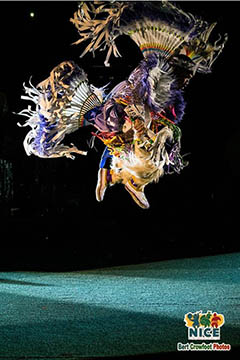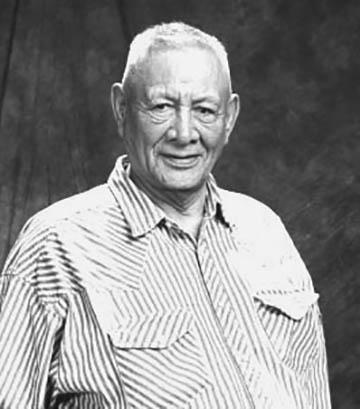

It’s powwow season. It's a time for gathering together, for drumming and singing, dancing and visiting with good friends, eating fun foods and buying arts and crafts. It's also a traditional activity that has evolved over the generations, incorporating many dance styles old and new.
There’s traditional powwow, where people come together in the pure joy of celebrating First Nations music and culture, and there is competition powwows where dancers and drummers compete for prize money to help out with their travels.
While some powwow dance styles have become supercharged with athleticism, employing energetic leaps and twirls, never confuse it with sport.
In an interview in 1989 with the now late Joe Patchakes Cardinal, better known as Joe P., the Elder dismissed such an idea.
“A sport? Powwows are not sport. It is part of our roots. Sport is when you play hockey or hit a ball. Traditional dancing is something you do with Indian pride—pride for yourself, your culture and from where it came from.”
The long-time board member of the Aboriginal Multi-Media Society, publisher of Windspeaker, who passed away Dec. 12, 2004 at the age of 82, was greatly well-respected for his knowledge of First Nations culture and spirituality. He was called upon often to speak at powwow grand entry ceremonies.
“People who dance have a feeling of Indianness,” said the Elder in a Windspeaker article. “They respect the ceremony, the grand entry, prayers and the drummers. Our children receive an education from the powwows they attend.”
Cardinal was born at Birch Mountain in Alberta on Nov. 19 in 1921. His early life was spent on the trapline. In his day, people did not dance for money, he said. Yet he acknowledged that at that time people traveled to powwows by horse, or they walked and stayed for days.
People shared their food, and lodging was never an issue. People today need funds to get to powwow, he said. Drummers who travel long distances to sing for the dancers must be paid.
“What would happen if there were no more powwows? It would be a terrible loss. This will never happen because Indian people like to visit, and powwows are one place you can always run into old friends you haven’t seen for a long time.,” Cardinal said.
“When our white brothers see our people dancing, it looks good to them. I watch them, and it makes me feel good to be an Indian.”
